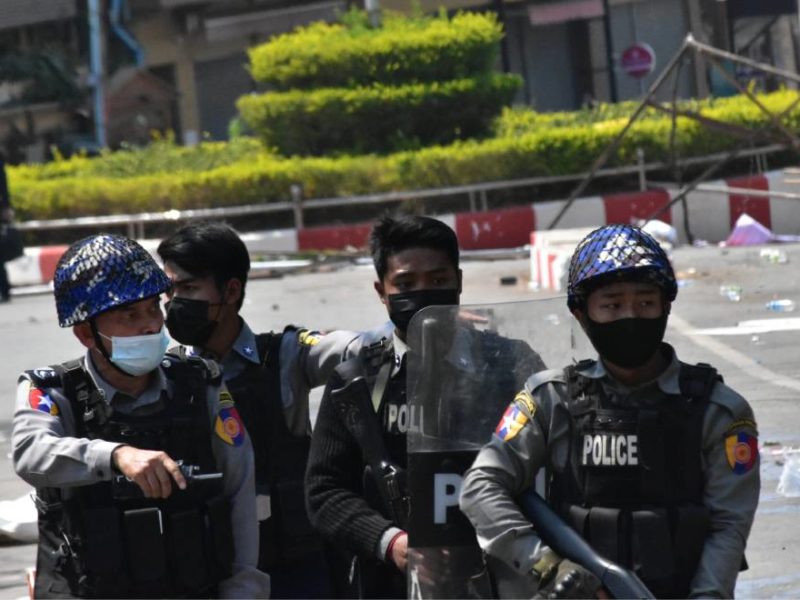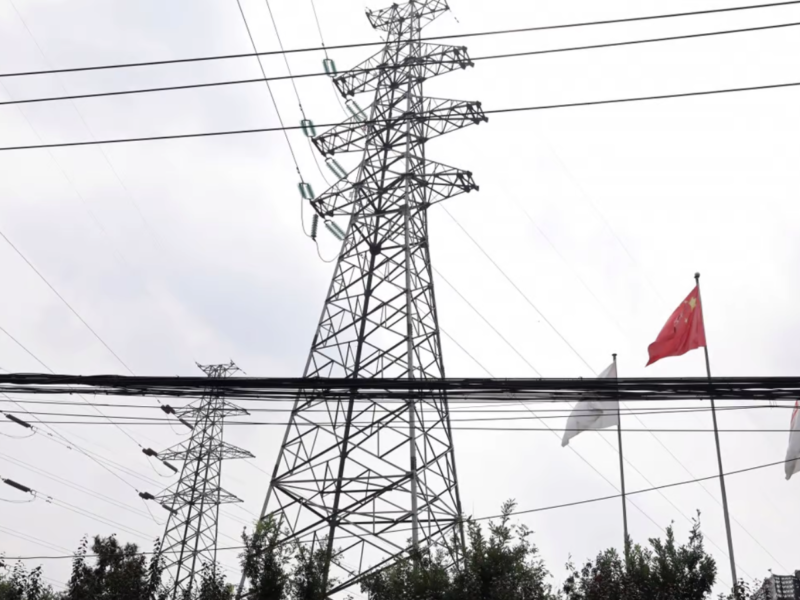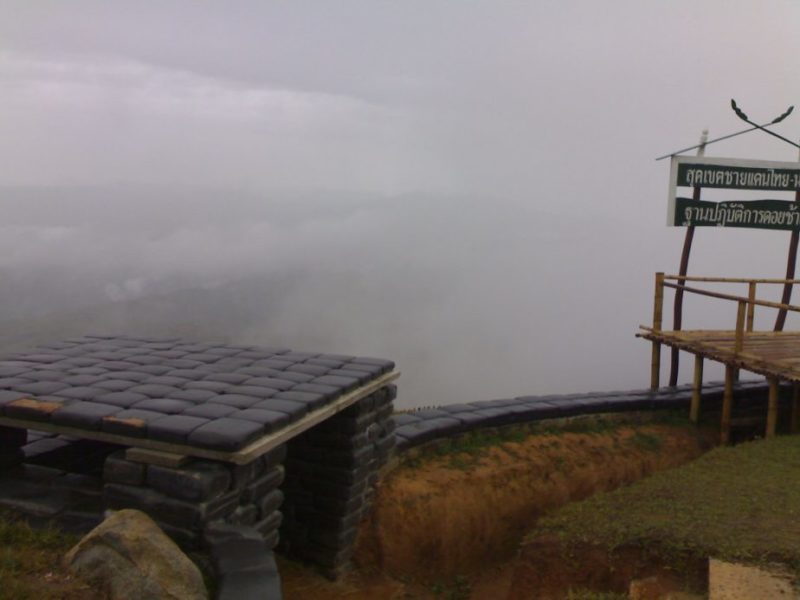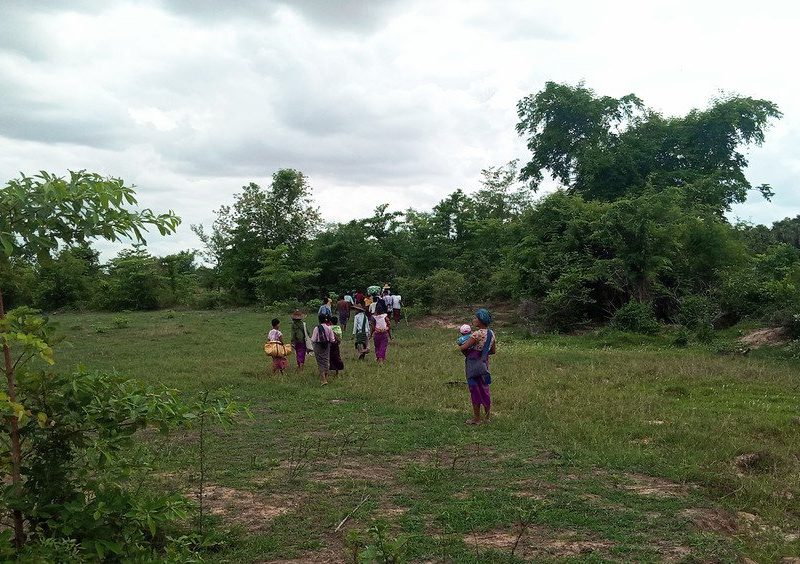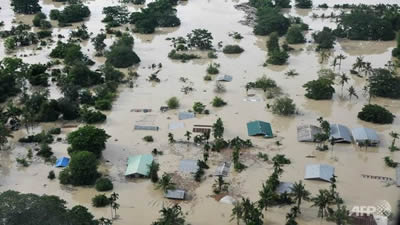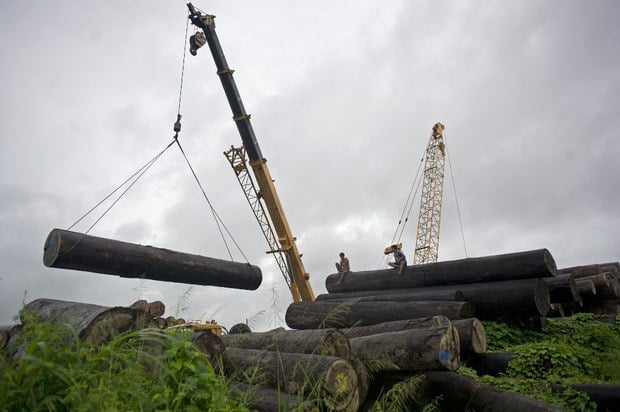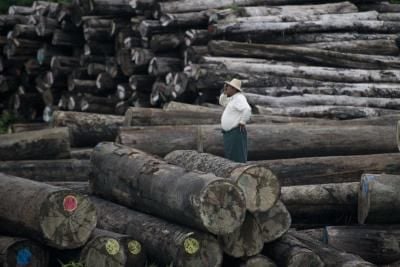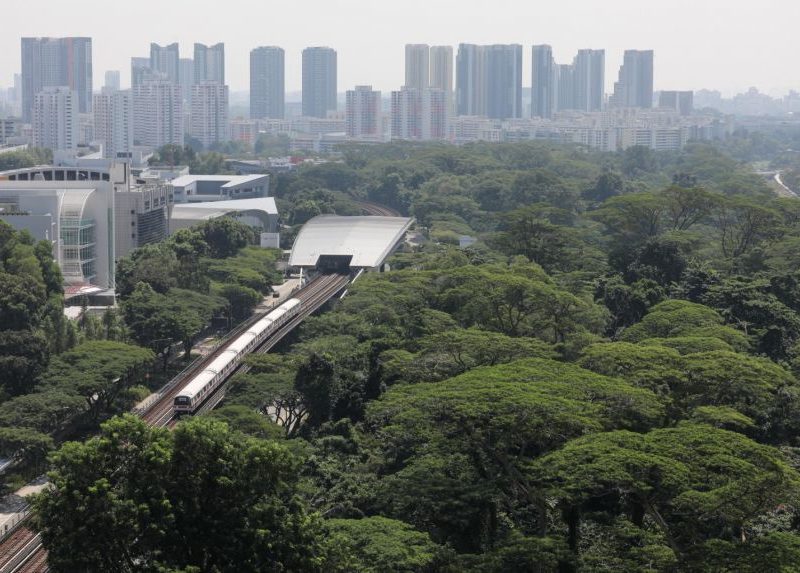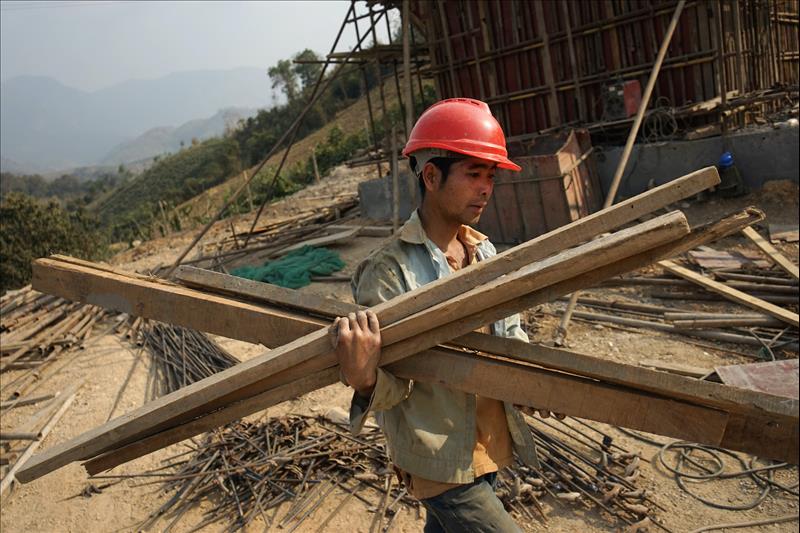The energy sector has been a site of international investment in Myanmar, but, with foreign investors jittery and blackouts escalating, it is also a site of resistance against the military coup.
Category: Myanmar
China ramps up electricity imports from North Korea, Russia, Myanmar in bid to ease power crisis
The power is being generated by the Chinese-built Dapein (1) hydropower station located near Bhamo, a trading hub in northern Myanmar, according to people familiar with the matter.
Tiny crab encased in amber reveals evolutionary march out of the ocean
The stunningly preserved, 100-million-year-old crustacean also highlights the conflict surrounding Myanmar’s amber mines.
Myanmar’s hidden hunger
The economic crash is worsening food insecurity across the country. However, the Dry Zone and Delta regions are traditionally off the aid radar, mainly because they are not in border conflict zones where humanitarian needs have typically been the most pressing.
Competing over climate: Myanmar’s valuable and climate-vulnerable geography
Of all the places in the world most likely to be profoundly harmed from rising sea levels and increased frequency of storms, the Bay of Bengal and the Nicobar Islands are the most likely to face sustained, wrenching change.
Myanmar’s forests under pressure from illegal logging, smuggling
Criminal gangs, with a long history of involvement in illegal logging in Myanmar and across Asia, have become better organized and efficient in harvesting and exporting illegal timber.
Myanmar seizes over 510 tonnes of illegal timbers over one month
According to the release, the seized illegal timbers included over 217 tonnes of teak, over 72 tonnes of hardwood and over 221 tonnes of other types of timber.
Gauging benefits of natural ecosystems in fighting floods
Using modelling, the study zoomed in on the possible scenario of continued deforestation at the Myanmar Chindwin River basin, and showed that protecting these forests could reduce the economic and human costs of floods by 14 percent.
Belt and Road starts and stops in China’s backyard
Beijing is seeking to showcase the China-Lao train, and incorporate the stop-and-go progress on a similar rail line in Thailand and a port project in Myanmar, both of which are key to the BRI’s vision of a better-connected regional economic sphere with China at its powerful center.


